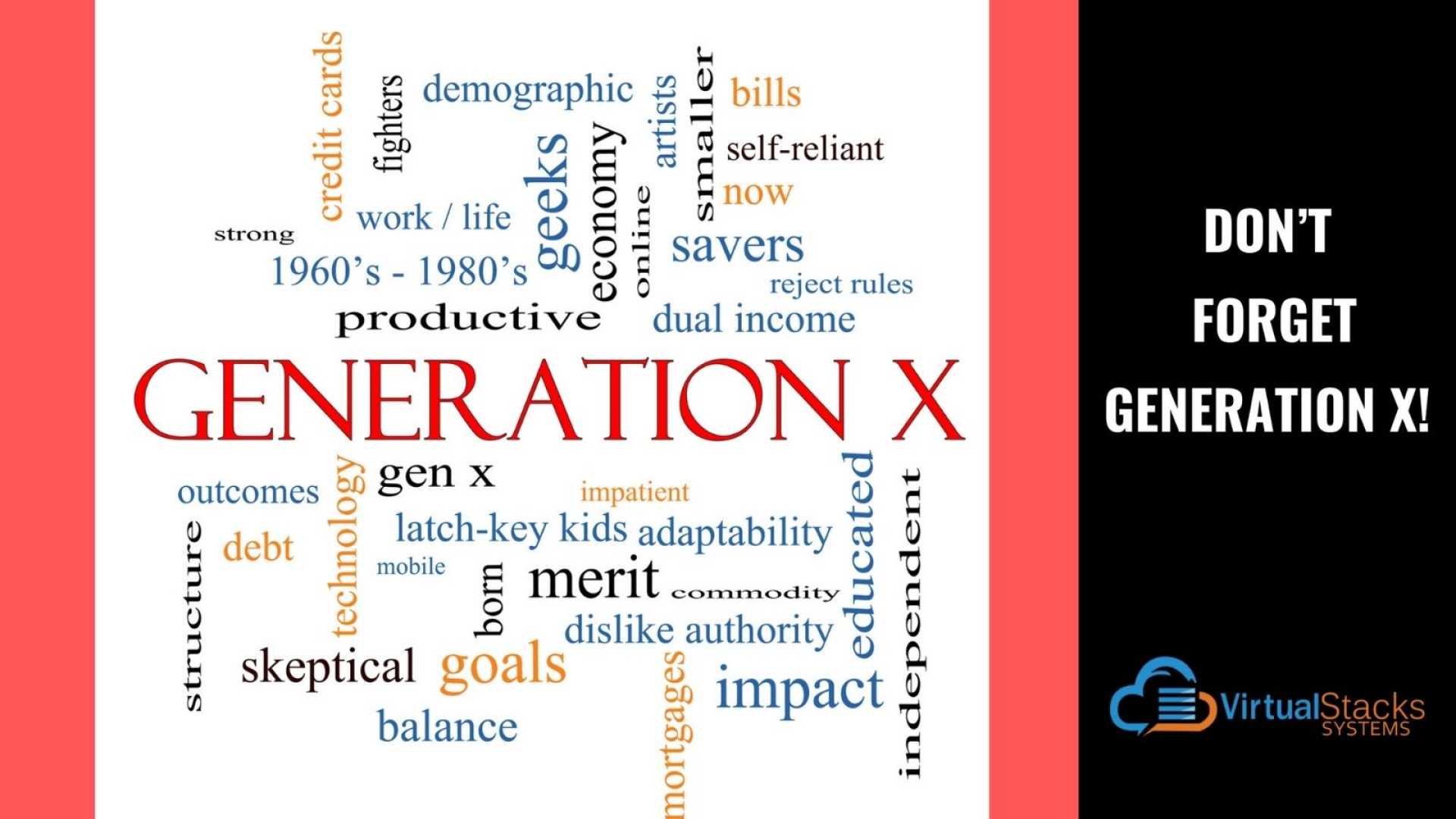Business
Generation X Emerges as a Powerful Economic Force

TORONTO, Canada – New research highlights Generation X as a formidable force in today’s economy, challenging the notion that only millennials or baby boomers hold clout. An Ipsos study released this week describes individuals aged 46 to 59 as ‘the quietly powerful generation we shouldn’t ignore.’
Despite their rising influence, Generation X (born between 1965 and 1980) remains relatively obscure. The term was coined by Canadian author Douglas Coupland over 30 years ago, and many in this demographic feel overlooked. Books published in the last two decades reference millennials five times more frequently than Generation X, and social media mentions of the younger generations far outnumber those of this group.
However, as baby boomers exit the workforce, Generation X is stepping into significant economic roles. They are now the highest-earning age group in the United States, with 35 percent reportedly having a household income of $150,000 or more. By the time they hit 50, their earnings surpass those of boomers at the same age, according to the study.
This generational shift comes with financial implications. Generation X’s share of national wealth grew from 15 percent in 2013 to 26 percent in 2023. They stand to inherit considerable wealth from older generations in the coming decades, further boosting their economic power.
The study shows that Generation X members tend to be well-educated, particularly in G20 countries. This is the first American generation where more than half have obtained college degrees, and women in this group have outpaced men academically.
Generation X is also technically savvy, having witnessed the internet’s evolution. They are slightly more comfortable with technology than millennials yet less so than boomers, reflecting their unique position in the digital age.
Executives from major corporations note that Generation X will shape business leadership for years. The average CEO is currently 59, and many are expected to stay active in the workforce longer, placing Generation X leaders front and center.
While their influence grows in business, politics remains largely dominated by baby boomers, who lead 15 G20 countries. However, Generation X’s consumer behavior is changing family dynamics; many Gen Xers are now balancing responsibilities between both their children and aging parents.
“Gen Xers will make key decisions about household expenditures and financial planning, benefiting not only their own families but also their parents,” said a representative from Ipsos.
Despite these advancements, Generation X faces challenges. When they entered their prime earning years, the labor market was stagnant post-global financial crisis, leading to minimal wage growth between 2011 and 2017 in Canada.
The irony lies in how the generation initially labeled as ‘slackers’ transformed into a workforce defined by their work ethic. The phrase ‘workaholic’ aptly describes their resolve to achieve despite fewer advantages than the boomers and less collective support than millennials.
<p“Many from Generation X learned to adapt to changing conditions and have made peace with evolving definitions of the middle-class dream,” noted Darrell Bricker, the global chief executive of Ipsos public affairs. “They have carved out their own pathways to success.”












